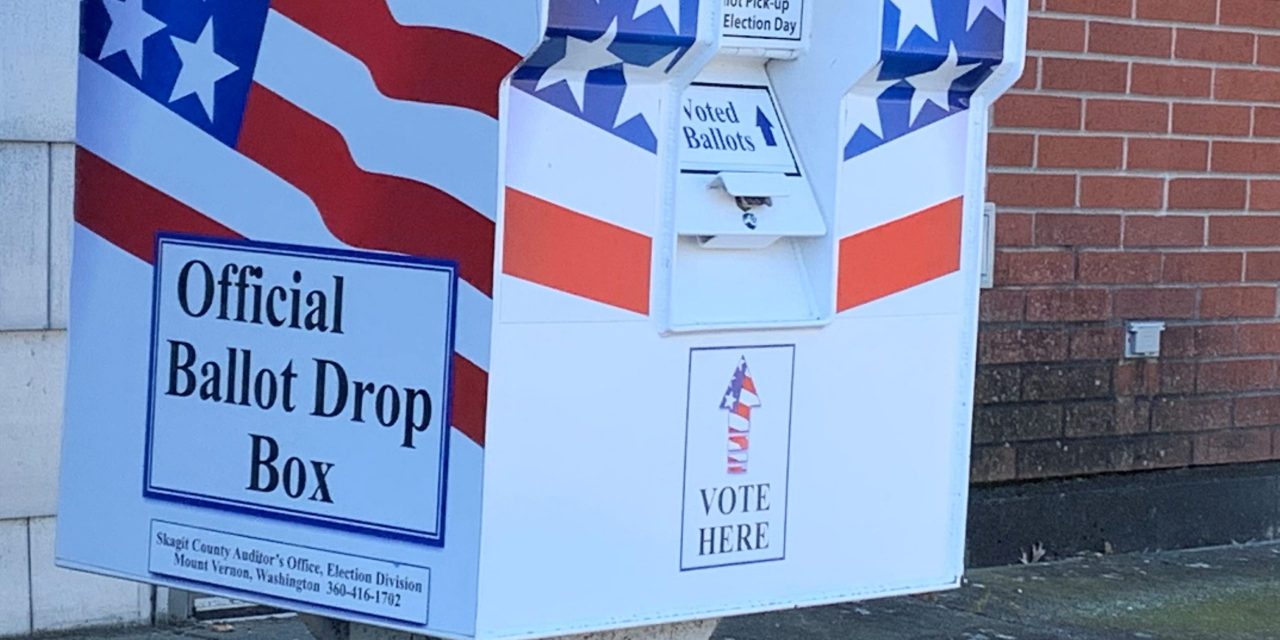With about 30 hours to go until the election polls close in most of the key states, President Trump and his aides are saying that they will challenge votes not counted by midnight – or something close to that — based on some far-fetched claims about widespread fraud linked to mail-in ballots.
On ABC, controversial Trump adviser Jason Miller signaled a legal battle against ballots not yet counted by Tuesday. “If you speak with many smart Democrats, they believe that President Trump will be ahead on election night … And then they’re going to try to steal it back after the election,” he said.
Trump claimed on Sunday that all votes counted in the hours and days after midnight tomorrow will be suspect and subject to court challenges. Trump hopes that he will enjoy early leads in key states based on votes cast at polling places. Mostly the president is targeting the Democrats’ strong point — early voting and absentee voting, where the ballots are counted late into the night, or later. In making these claims – similar to his 2016 rhetoric about a “rigged” election – the president seems willing to delete many of the record 93 million-plus votes cast prior to Election Day.
In particular, Trump is obsessed with Pennsylvania, suggesting that 10,000 illegitimate votes for Joe Biden may be delivered through sleight-of-hand by the Democratic Gov. Tom Wolf as the vote-counting drags on. But governors play no role in the ballot-counting process. Plus 10,000 votes (as wild as that prediction seems) is surely not enough to sway the election when polls show Joe Biden is expected to win the Keystone State by perhaps millions of votes.
Presidential historian Michael Beschloss, belittling Trump’s fantasy that vote-counting after midnight is suspect, offered this on Twitter: “We did not know Presidential winner for certain before midnight on election nights in 1960, 1968, 1976, 2000, 2004, 2016. No one should pretend there would be anything historically unusual if that happens again in 2020.”
Vote counting past midnight is routine in Michigan
To be clear, news organizations make early state-by-state election projections. Those declarations are based on analysis of results in definitive counties, and even down to clusters of precincts. They do not reflect anywhere near 100 percent of election results.
In addition, the Constitution specifically gives states control of their individual election process. Federal law then creates a “safe harbor” period of five weeks to permit states to certify results.
In Michigan, every large county has several communities that report their results past midnight – sometimes well past midnight. In 2016, despite a relatively low turnout in Michigan, projections showing a narrow win by Trump were not available until nearly 3 a.m. Vote-counting was not completed until early evening the day after the election.
Yet, here is what Trump said about his strategy for Tuesday when vote-counting is expected to drag into Wednesday and Thursday: “Now, I don’t know if that’s going to be changed, because we’re going to go in the night of — as soon as that election is over, we’re going in with our lawyers.”
Trump depending on an army of lawyers
In 2000, many Americans were dismayed when an army of lawyers gradually descended on Florida during the Sunshine State’s lengthy, disputed vote count. Trump’s 2020 plan to launch legal challenges in several states, regardless of the presidential election margins, will establish a routine procedure on election night of court fights within hours of the poll closures in the battleground states.
Ben Ginsberg, a longtime election lawyer for the GOP who led the 2000 effort to preserve George W. Bush’s win in Florida, has denounced Trump’s approach to challenge Tuesday’s election results.
The president’s “only solution has been to launch an all-out, multimillion-dollar effort to disenfranchise voters — first by seeking to block state laws to ease voting during the pandemic, and now, in the final stages of the campaign, by challenging the ballots of individual voters unlikely to support him,” Ginsberg said.
“… Proof of systematic fraud has become the Loch Ness Monster of the Republican Party. People have spent a lot of time looking for it, but it doesn’t exist.
If Trump somehow succeeds in his plot to invalidate absentee votes in selected states, tens of millions of Trump voters’ ballots could also be set aside and possibly tossed away. Also facing possible disenfranchisement are U.S. military troops overseas, who are traditionally allowed extra time — in some states the extension goes to late November – to get their ballots through the mail to their local election clerk back home. Four years ago, 252,000 military ballots were cast as absentees, and that number could be much higher this time.
In a floundering approach to maintain his perch in the White House, maybe the president hasn’t really thought through this whole approach of trying to negate tens of millions of ballots cast.







If the dick tator tot says so, it has to be true .